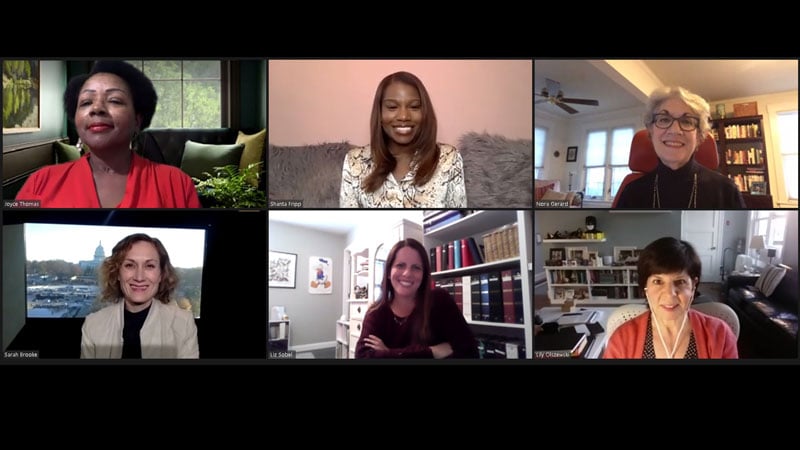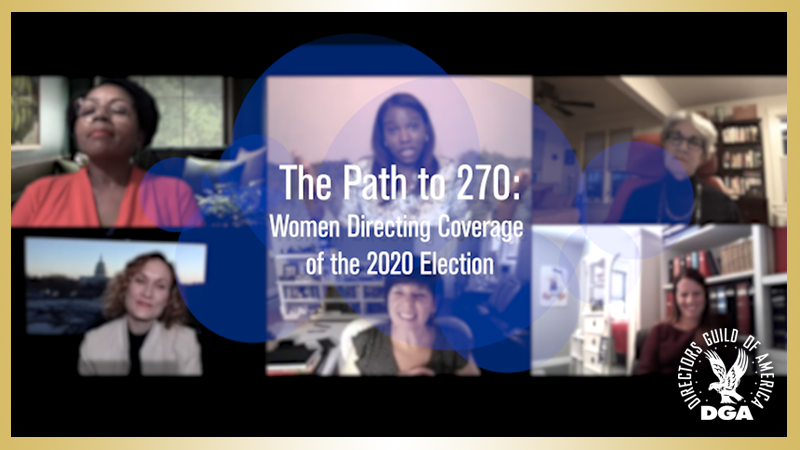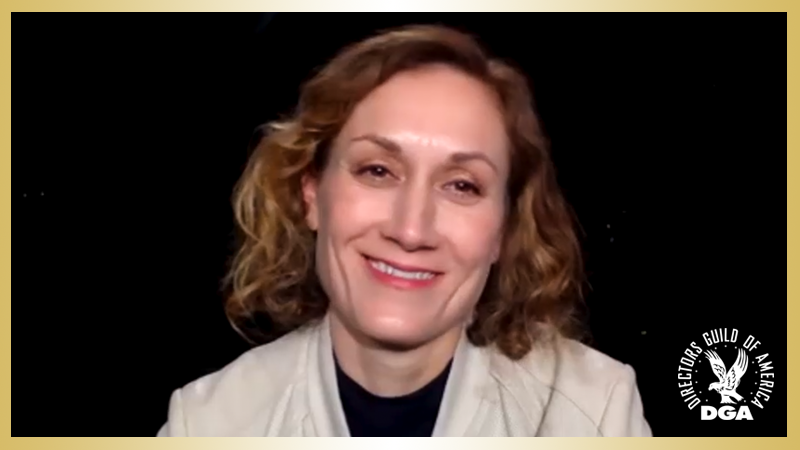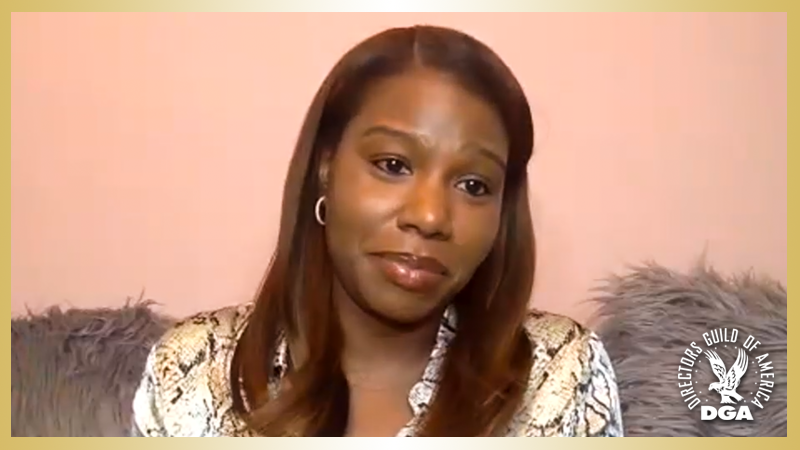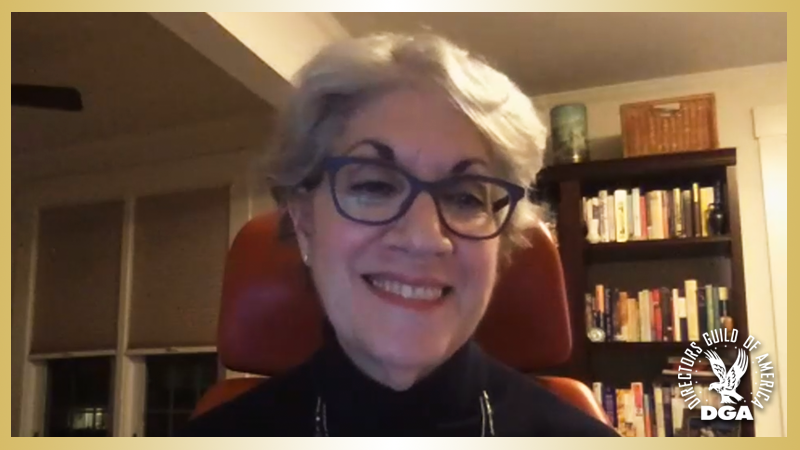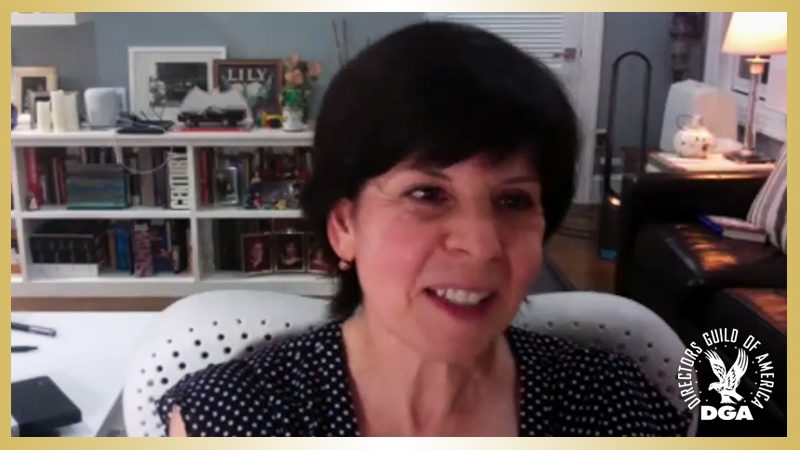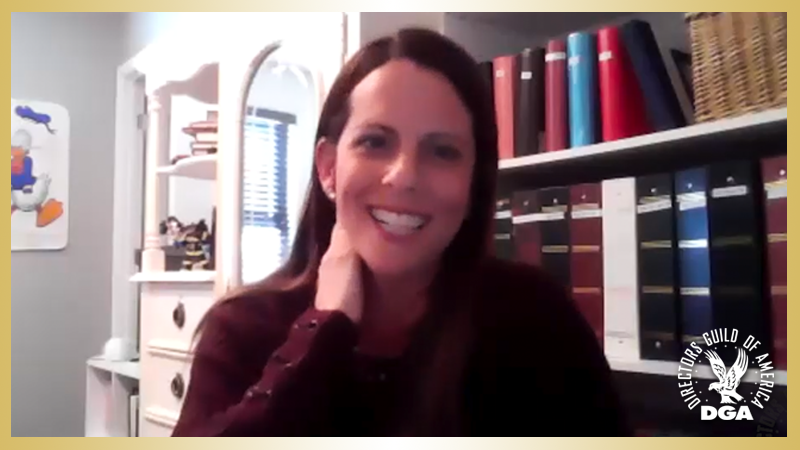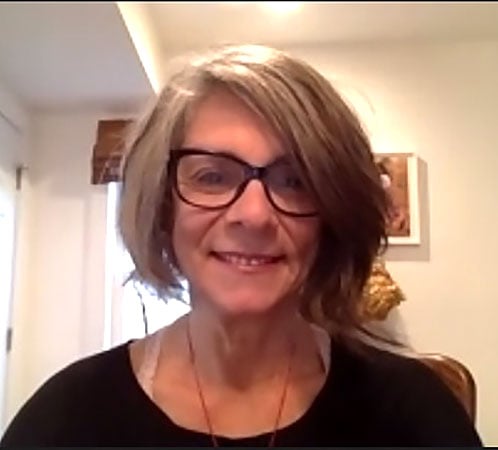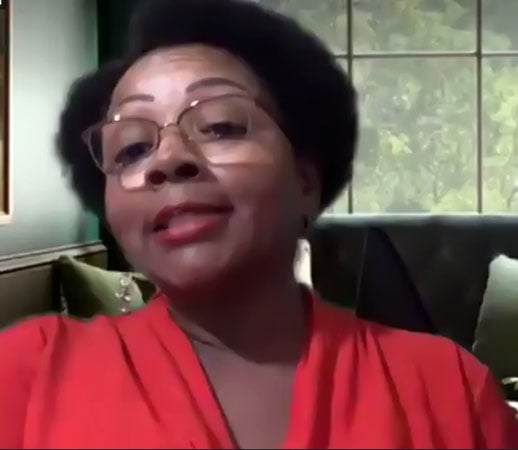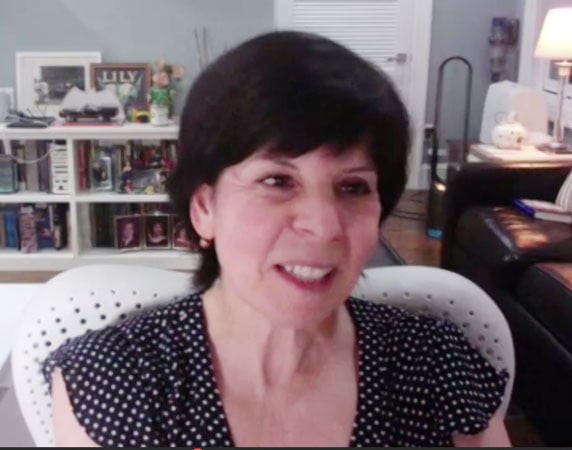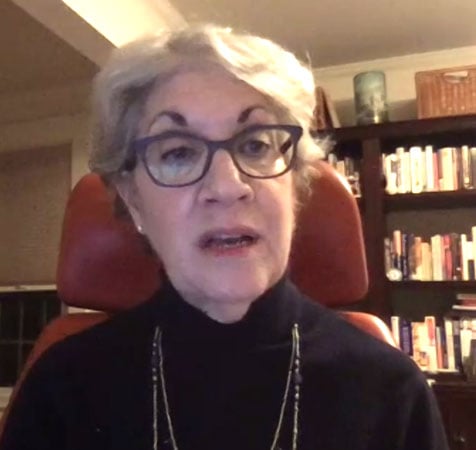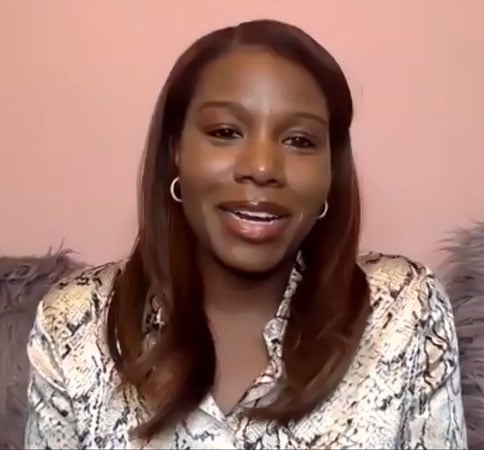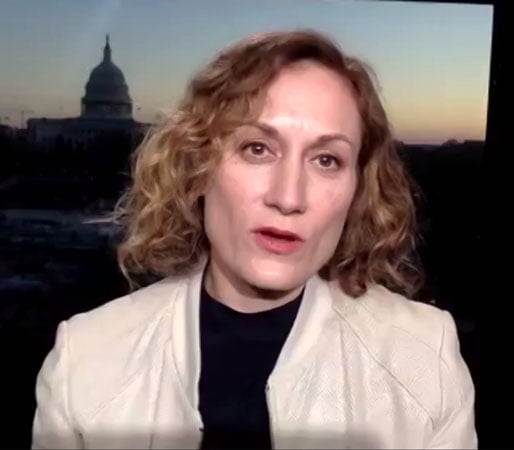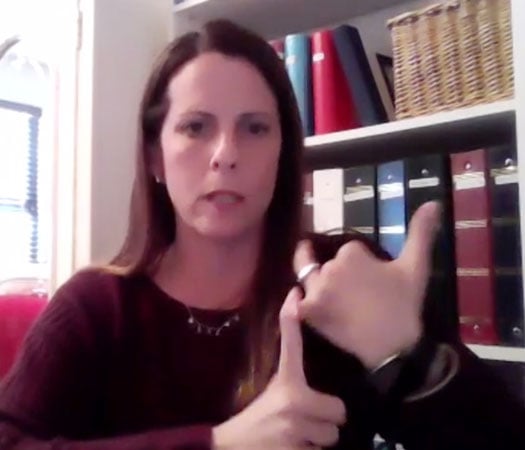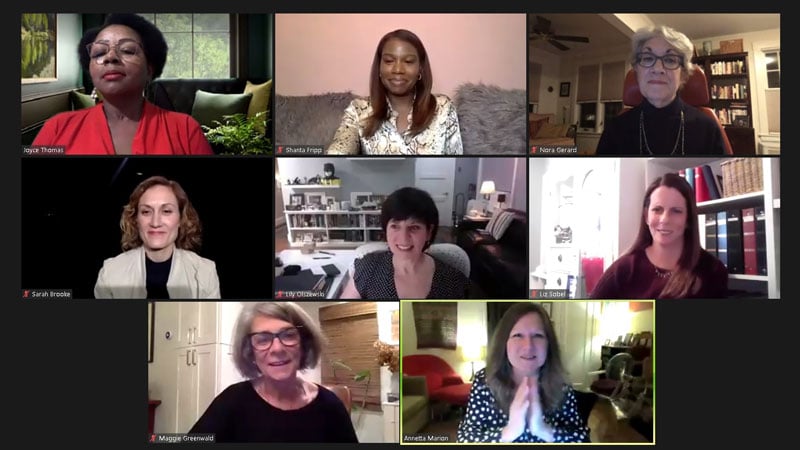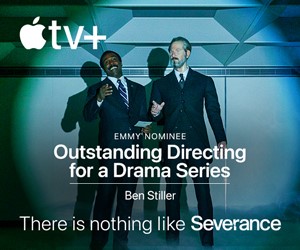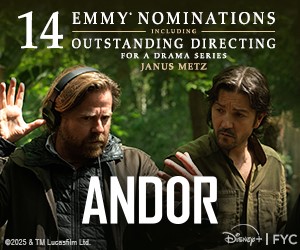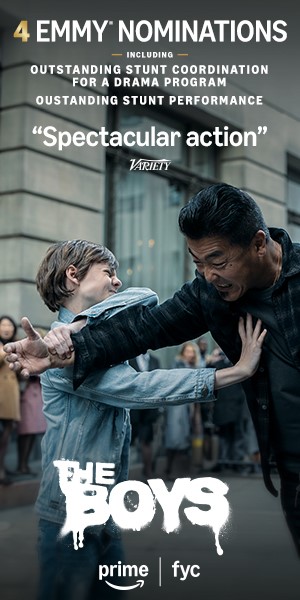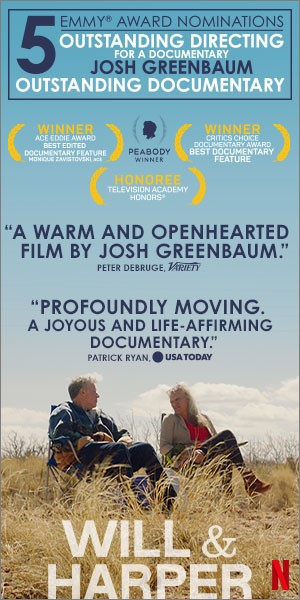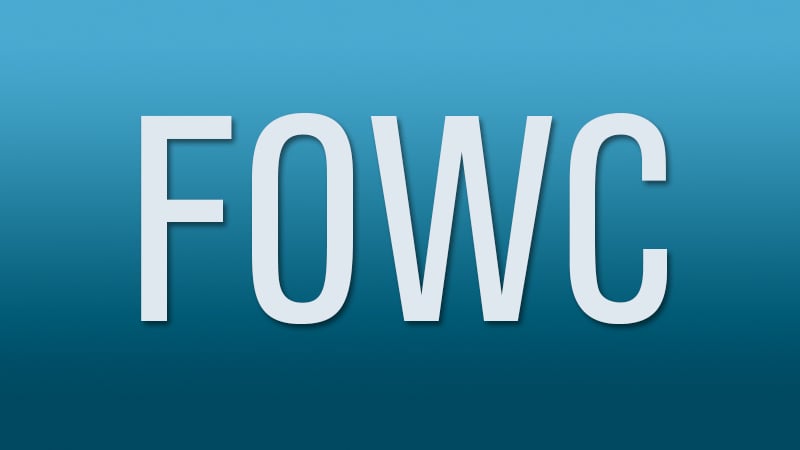On December 2, DGA members who worked tirelessly at the networks during this historic election cycle spoke about their accomplishments during the online event, The Path to 270: Women Directing Coverage of the 2020 Election. In the first event hosted by the Focus on Women Committee (FOWC) since it was designated as a standing committee by the DGA National Board in October, Directors Sarah Brooke (Meet the Press), Shanta Fripp (CBS This Morning), Nora Gerard (CBS Sunday Morning) Lily Olszewski (Good Morning America) and Associate Director Elisabeth Sobel (ABC News) took us behind the scenes of what went into directing days of election-related coverage during a conversation moderated by Associate Director Joyce Thomas (Viacom/CBS).
The event began with a welcome from acting interim FOWC Co-Chair Maggie Greenwald, who spoke about the new level of representation that the FOWC brings as a standing committee of the Guild that is now open to all women members in the Eastern Region. After calling on women members to get involved with the Committee, she turned things over to moderator Thomas.
Thomas kicked off the event by framing its objectives in her introduction. “Our goal today is that whatever your role is in this industry, that you will come away with something - whether it’s a new idea about the way news teams have adapted during the pandemic or just a fresh perspective on network News Directors and Associate Directors and how they execute their craft,” said Thomas. “We will kick off this conversation by providing a framework on past elections and segue to the current.”
Fielding the first question of the discussion, Olszewski, who also serves as the Sixth Vice President of the DGA, discussed the importance of network morning shows as the launching pad for many presidential candidates. “A lot of the presidential candidates will announce their runs during morning shows because they know they'll still get a large audience by doing so,” said Olszewski. “It's part of our new cycle to cover politics so in this year there was a lot of competition in terms of news stories, obviously with COVID, so pretty much all year it was between response to COVID and who was going to snag the Democratic nomination.”
Olszewski also explained how directorial choices can affect the audience’s interpretation and evaluation of the candidates. She recalled the first 1992 presidential debate that featured incumbent President George H.W. Bush, a Republican; Arkansas Governor Bill Clinton, the Democratic nominee; and businessman Ross Perot, running as an independent; that was directed by one of her mentors, John LiBretto. “I remember him telling the story that that during the debate he inadvertently cut to a shot of Bush as he was looking at his watch and that really had an effect on the campaign. The headline became, ‘He doesn't really care… He’s watching the clock, waiting for it to be over…’ That in itself impressed the role of the director and all of these events. When you're working in news, you're putting together a historical record and your decisions on which camera to take or which angle to take — whether you had a wide shot or a close up — someone's reaction can really affect history at that point. So you just have to be careful not to insert yourself into the story and it's your duty really to cover the news and to keep your political opinions, and possible feelings, aside.”
Fripp recalled her experience being called to direct the pool feed from the Republican National Convention as a late stand-in when the original director was stuck on assignment in DC due to COVID restrictions. “In May, my AD and I went down to Charlotte, NC, where the Republican National Convention was supposed to be held to try to map out the plan camera plan, but the President and the governor of NC got into a tiff. We went to Florida, but every time we went down to Jacksonville something was different. In 2016 we had more time. In 2016, the Republican National Committee was in charge, so it was very professional and organized. This time it was run by the campaign and it was a different animal. I actually went to the White House to have a conversation with the campaign and negotiate our cameras, what we could have and what we couldn’t. I couldn’t have any specialty cameras, no Steadicam, I had one jib outside of Fort McHenry which really wasn’t that helpful. On the night of Trump’s speech, we actually were able to have a movie bird, which was awesome, but we weren’t able to put it in a position we wanted to because this year the RNC production folks laid their camera plan down and we had to adjust to them. It was challenging but it worked out. I’m grateful that I actually directed the 2016 RNC Convention because if I didn’t, I probably would have had a heart attack. It was insane.”
Another example of Fripp having to adjust on the fly occurred on the final night of the convention at the White House during the President's speech. “Visually it ended up being fine, but on Thursday morning my AD and I walked over to the White House from the trucks and got there around noon. We saw that the ten-foot buffer in front of the stage was no longer there. They’d decided to move all the chairs closer. I originally had cameras shooting back into the audience because I wanted reaction shots. If you remember the shot where President Trump is referencing Melania and people start to stand up in front of the cameras, well we were supposed to be in front of those people. It’s hard to predict something like that, but I had an amazing crew.”
Brooke spoke about how her prep for this year’s election cycle was impacted by the COVID-19 pandemic. “This year started normal for everyone so in January we were in Iowa, in February we were in New Hampshire and then we were on lock down, so we didn't get to cover the conventions in the same way that we have in years past. In 2016 we were on the ground for everything and we were doing more in-person candidate interviews and this year the last candidate interview we had was in February with Biden when he actually wasn't doing so great and we didn't know if he was going to come out on top.
Brooke then disclosed that the delay in being able to call the results on election night, while unusual, was not unexpected. “Those of us who work in new and those who consume the news saw that coming this year. People were going to vote from home and not go to the polls the day of and states weren’t going to start counting those ballots until Tuesday. I don't think any of us would say we were surprised that it went beyond election night, but you still gear up for election night in the same way. I know I did. And then and then you wait.”
For Gerard, the pandemic also made a huge difference in her election night coverage. “COVID changed my show dramatically. Our last live show was March 8th and since then everything has been taped. We tape on Thursday and we taped three versions of our show not knowing what would happen on November 8th. We were grateful it was called Saturday morning, so we had time to work on one of those pieces.”
Gerard then added her predictions that some of these changes may be permanently change the way news production is done. “I don’t know that we’ll ever be a live show again, but we’ve found a way to be a magazine show that is timely. Zoom interviews will last. It’s less expensive and easier than to have to send out a crew and light it. I think this adds another layer and resource to cover the news and tell stories.”
Speaking of her work as an AD, Sobel recalled being thrown into the mix during her first assignment at the infamous New Hampshire Republican debate where candidate Ben Carson didn't hear his introduction and had trouble getting out onto the stage. “I will tell you, every debate afterwards we rehearsed a lot to make sure that everybody heard their names.”
Sobel also discussed how a key ingredient of her job is to develop good working relationships with the director and the crew. “In my experiences, every director is used to doing different things, so I need to figure out what my director wants. I’m meeting a lot of them [crew] for the first time, so I have to get to know people, see what they want and really make everybody feel comfortable. The more I knew people, the more they trusted me.”
Following the moderated portion of the discussion, the panelists also answered questions submitted by the online audience.
See video from this event in the gallery below
ABOUT THE PANELISTS:
 Director Sarah Brooke Director Sarah BrookeA Director in live news, talk and variety for 19 years, Brooke is currently the Director of the most-watched Sunday public affairs program, NBC’s Meet the Press. Before the pandemic, she regularly coordinated and produced notable newsmaker interviews with members of the White House administration and Congress. She has also directed such notable events as Hillary Clinton’s 2016 election night gathering in New York, President Obama’s farewell speech in Chicago, President Trump’s 2019 State of the Union address, and the memorial service for Congressman John Lewis at the U.S. Capitol. Brooke has been a DGA member since 2005. |
 Director Shanta Fripp Director Shanta FrippFripp began her career at CBS as an assistant in the market research department before she became a Production Associate at the CBS News Early Show. She climbed the ranks to a hard news Associate Director and control room AD. In March 2014, Fripp was named Director of CBS This Morning Saturday and directed the pool feed for the 2016. In July 2019 she was named the Director of CBS This Morning and directed the pool feed for the Republican National Convention in August 2020. Fripp joined the DGA in 2002. |
 Director Nora Gerard Director Nora GerardGerard has worked at CBS in various positions since moving to NY after college to work on the Thanksgiving Day Parade and the Cotton Bowl Parade. After working as an Associate Director in the news division on shows such as the CBS Morning News with Bill Kurtis and Diane Sawyer, CBS Evening News with Dan Rather, CBS Evening News Weekend Edition, CBS Sunday Night News and 48 Hours, Gerard was given the opportunity to direct Verdict with Connie Chung and Street Stories with Ed Bradley. She has been directing CBS Sunday Morning since 2011. A DGA member since 1981, Gerard has served several terms as an alternate on the Eastern Directors Council and is currently an Alternate of the DGA National Board. |
 Director Lily Olszewski Director Lily Olszewski Olszewski is an Emmy-award winning Director of ABC’s Good Morning America, where she has been for more than 10 years. She broke into the industry as an Associate Director at Spanish language TV station KVEA, where she received her first directing opportunity. After working as a Technical Director/Director at the Univision network in Miami she moved to Telemundo as a full time Director. Her other credits include Late Night with Seth Meyers, Watch What Happens Live, Anderson, Today, Donahue, The Jenny McCarthy Show, Latin Billboard Awards Red Carpet, Premios Fox, Time and Again with Jane Pauley, Quite Frankly with Steven A. Smith, MTV’s The Seven and Countdown with Keith Olbermann. A DGA member since 2015, she currently serves as the Sixth Vice President of the DGA and is a member of the Eastern Directors Council. |
 Associate Director Elisabeth Sobel Associate Director Elisabeth SobelSobel is a control room Associate Director for special events at ABC News, where she had worked as a staff AD for 25 years in that capacity and as a tape and back up control room AD for the overnight news shows. Her resume includes special events such as the 2016 Elections, 2018 Midterm Elections, Presidential Debates, State of The Union Address, Democratic and Republican Debates, and 2020 Super Tuesday; and programs including Good Morning America, Nightline, World News Now and America This Morning. Sobel has been a DGA member since 1996. |
 Associate Director Joyce Thomas (moderator) Associate Director Joyce Thomas (moderator)Thomas has worked at CBS for more than 30 years, joining the Guild in 1996 as an Associate Director/Technical Director in the Broadcast Operations Department and currently working as an Associate Director/Technical Manager at the network’s Media Distribution Center in New York. She has been elected to the Eastern AD/SM/PA Council nine times, serving three terms as Council Chair, and has also as 1st Vice Chairperson, 2nd Vice Chairperson, and Co-Chair of the AD/SM/PA 75th Anniversary Sesame Street event. Thomas is currently an Associate National Board Member on her fourth term as a Co-Chair of the Eastern Diversity Steering Committee and has served on three Network Agreement Negotiating Committees. |
About the Committee:
Originally a sub-committee of the Eastern Directors Council, in 2020 the Focus on Women Committee (FOWC) was designated an official and permanent committee of the DGA National Board for women members residing in the Eastern Region. The Committee would like to remind members that while their events are designed with a special focus on women directors, all DGA members are welcome to attend.
